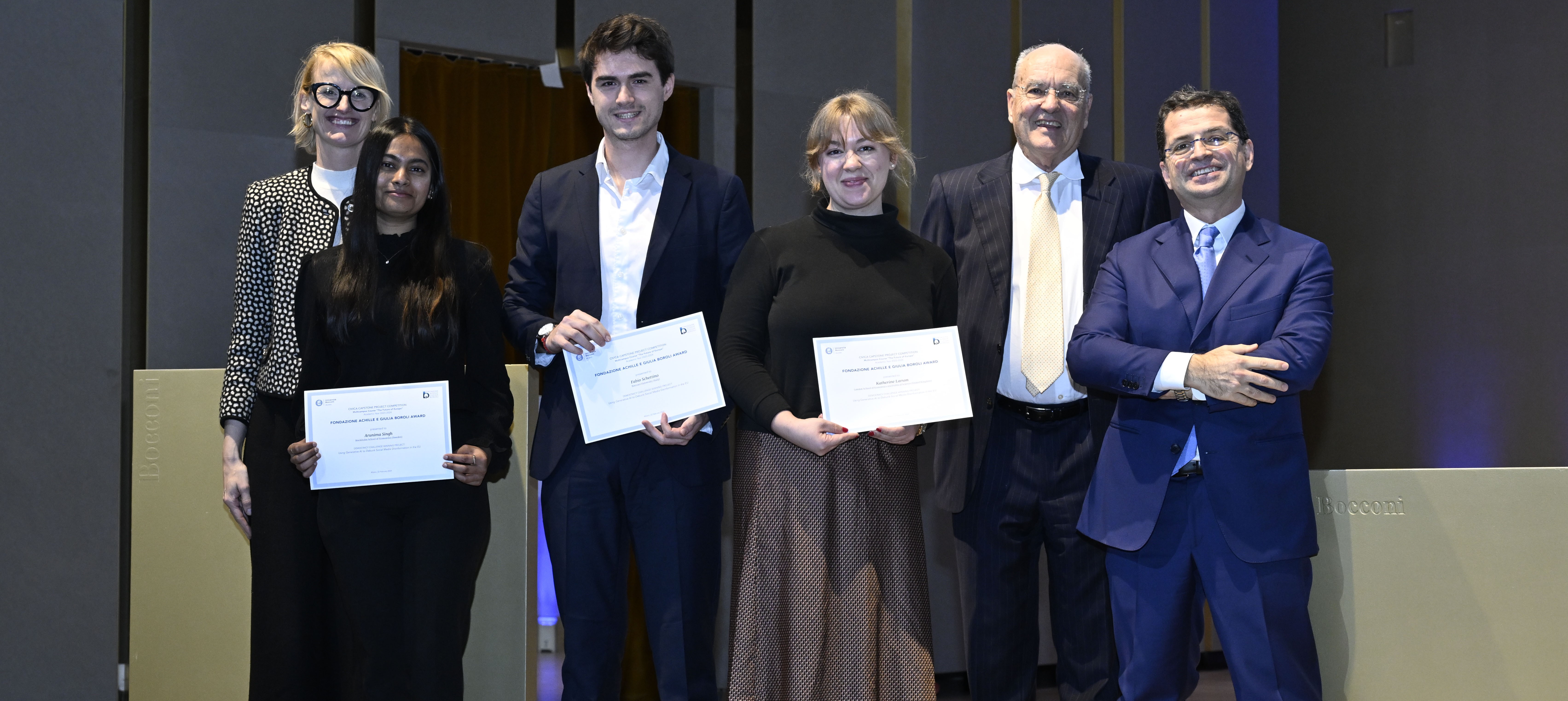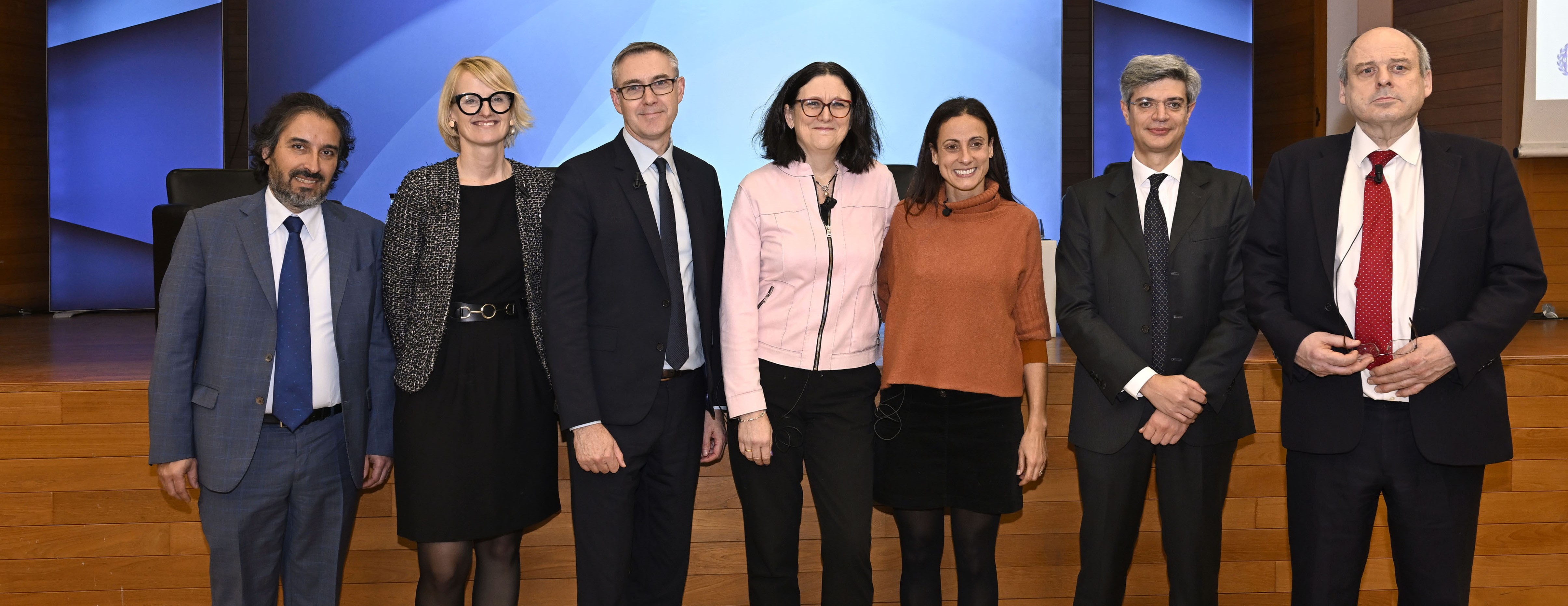Andrea Ordanini wins the Hunt/Maynard Award

The 2021 article published in the top-tier Journal of Marketing “that has made the most significant contribution to marketing theory” was authored by a Bocconi Professor (Andrea Ordanini, BNP Paribas Chair in Marketing and Service Analytics), a Bocconi PhD graduate (Gaia Giambastiani, currently at Vrije Universiteit Amsterdam) and a former Bocconi Adjunct Professor (Joseph Nunes, University of Southern California).
The three of them won the 2021 Hunt/Maynard Award for their article “The Concept of Authenticity: What It Means to Consumers,” published in Volume 85 of the Journal of Marketing.
“Paying attention to the revision of existing theories and concepts in an era when data is king may seem like going against the wind,” said Professor Ordanini, “but scholars can’t go far with a bad theory, no matter how good or big their data is.”
For Professor Ordanini and his colleagues, the award marks the successful completion of a 6-year intellectual journey. “We started to work on the paper in 2015, when we all were at Bocconi, from a conversation on why some people still bought vinyl records,” Prof. Ordanini recalls.
“The generation and operationalization of new constructs,” wrote the selection committee, comprised of Harald van Heerde, Andrea Morales, and Manjit Yadav, “is pervasive in marketing. In contrast, almost no attention or effort is dedicated to revising existing concepts. Over time, concepts tend to accumulate different interpretations and meanings, frequently resulting in conceptual ambiguity. These concepts need to be challenged and revised to ensure their clear and consistent use in the field.”
“Authenticity is undoubtedly one of the cornerstones of contemporary marketing. As a result, research in marketing and related fields involving authenticity as a construct has proliferated over time. As an unintended consequence of this proliferation, however, authenticity accumulated different interpretations, leading to conceptual ambiguity, and making it a construct ripe for conceptual reconstruction. In this research, the reconceptualization of authenticity emerges from a multimethod process leveraging data from more than 3,000 consumers across no fewer than 17 types of consumption experiences. The paper conceives authenticity as it pertains to consumption as a holistic consumer assessment determined by six component judgments (accuracy, connectedness, integrity, legitimacy, originality, and proficiency) whereby the role of each component can change according to the consumption context,” the committee noted.
latest news & events




